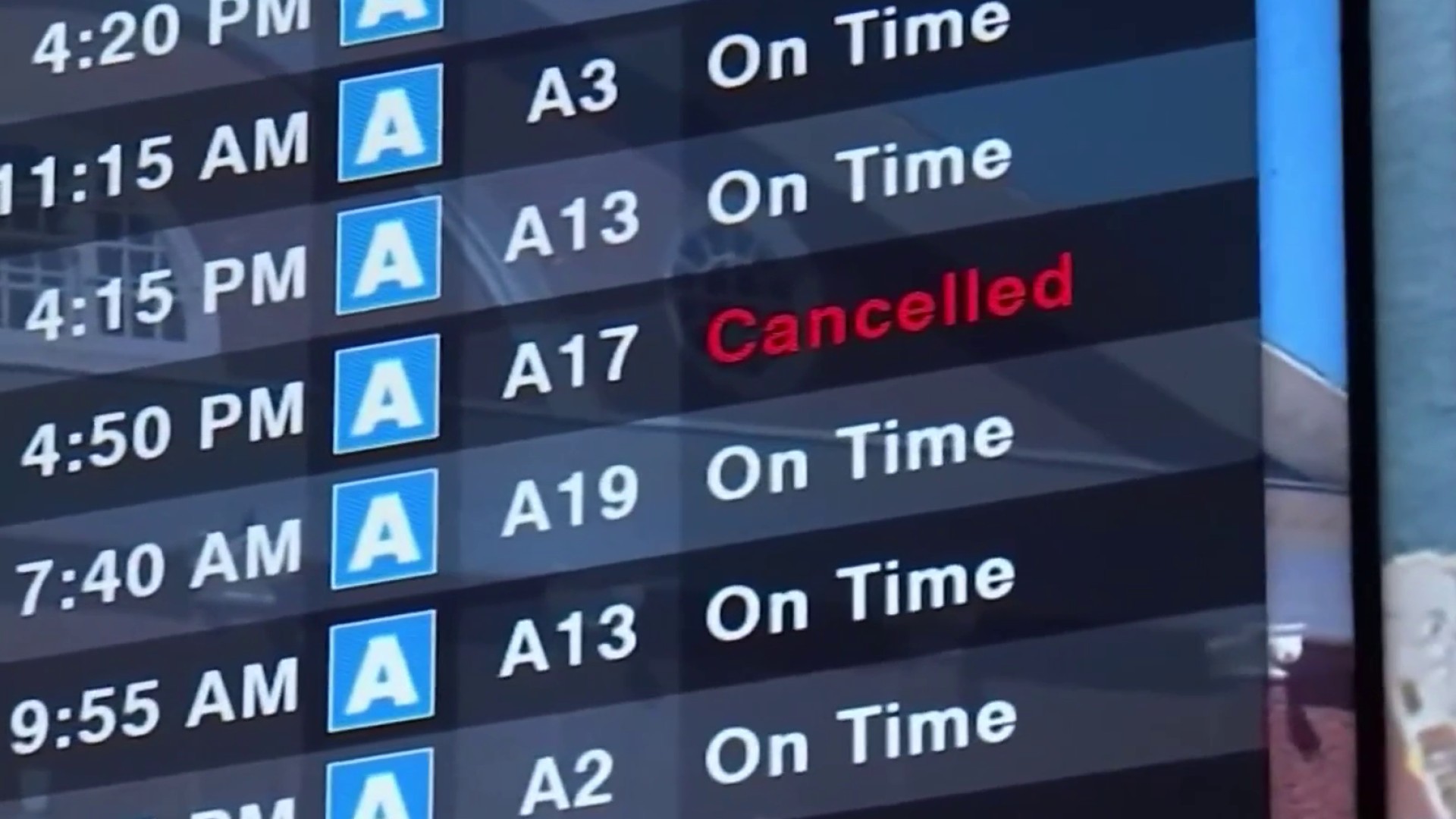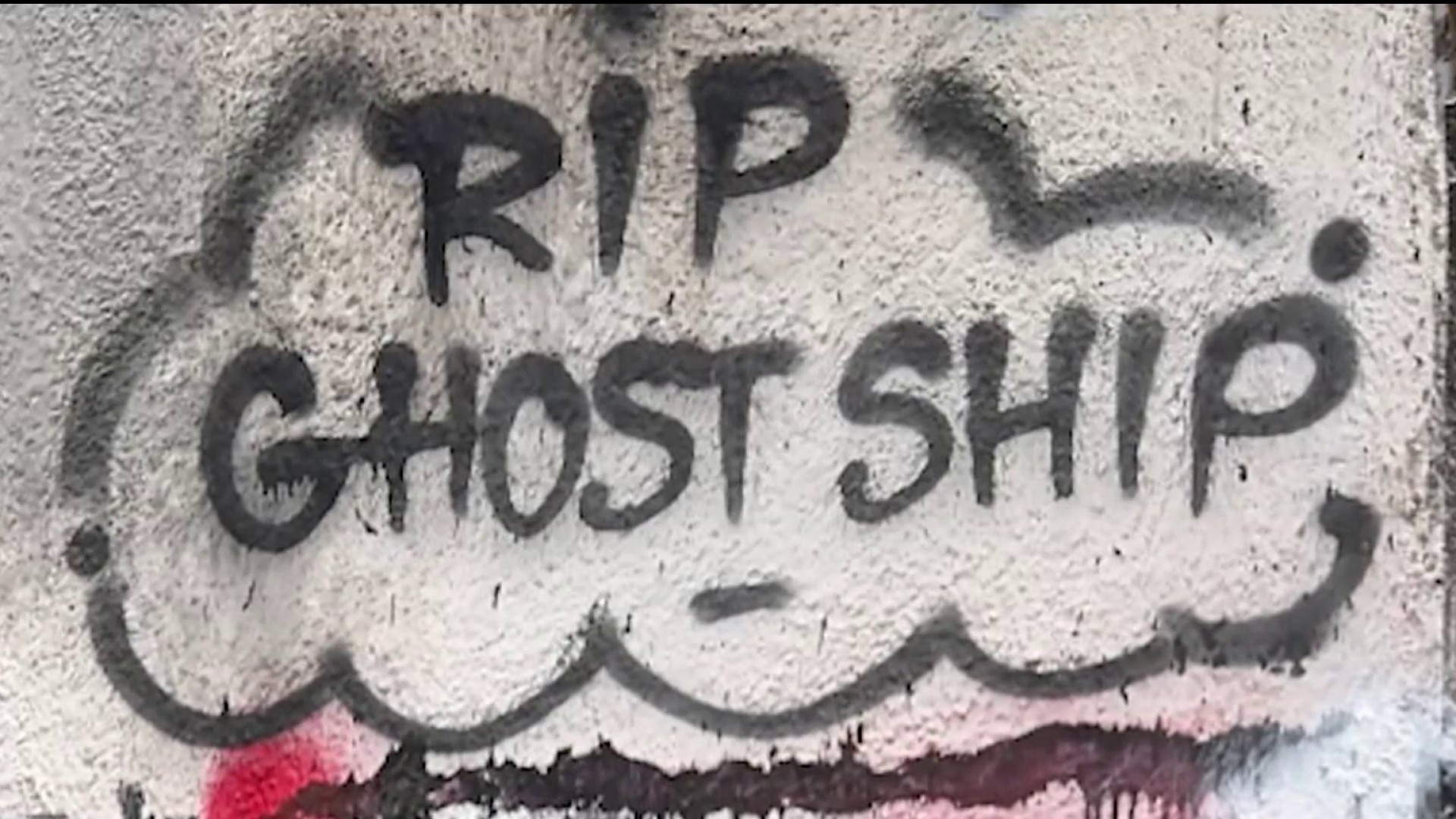Airbnb and other short-term rental platforms operating in San Francisco would be required to verify that hosts are registered with the city before they advertise a listing under legislation announced this week.
The legislation announced Monday by Supervisor David Campos and Aaron Peskin, to be introduced at Tuesday's Board of Supervisors meeting, would penalize booking platforms $1,000 a day for each unverified listing.
Campos said current city laws that require hosts to register but don't require booking platforms to verify that they have done so have not worked.
A city legislative analyst report released earlier this month found that as of this March, more than a year after current laws took effect, more than 75 percent of hosts had still failed to register and more than 25 percent of properties listed as an unhosted entire home were being rented for more than the 90 days allowed by the city. In addition, the report found that hosting platforms were not sharing data with the city that would assist in enforcement.
"This is about finally bringing corporate responsibility into the picture," Campos said.
Short-term rentals have become a hot issue in San Francisco largely due to concerns that landlords are evicting tenants or keeping multiple rental units off the market for use as tourist accommodations, adding to the ongoing housing affordability crisis. Current city laws limit short-term rentals to units owned and occupied by the host.
Peskin said the proposed legislation was not intended to target "mom and pop" hosts renting out a room to make ends meet, but "unscrupulous speculators" with multiple listings and other bad actors.
Local
"We believe some 2,000 housing units have been permanently taken off the market," he said. "The only way to bring those thousands of units back to the market is by holding the platforms accountable, and that is precisely what this does."
The legislation provides several options for hosting platforms, including placing the registration number on the listing, requiring the host to add it themselves or sending the registration number to the city for verification before advertising the listing.
While federal law prevents online platform operators from being held liable for illegal behavior by their users, Peskin and Campos Monday expressed confidence that the legislation was narrowly written enough to survive legal challenge.
Airbnb successfully fended off an attempt to impose additional restrictions on short-term rentals through the ballot box last November, spending around $8 million in its campaign to defeat Measure F.
Earlier this month, the company announced it would begin investigating 288 hosts with multiple listings on the site for possible violations of city law. The company said those hosts, who were responsible for a total of 671 listings, generated an average of 17 percent of revenue collected in San Francisco over the past year.
The company said it had a total of 9,448 active listings managed by 7,046 hosts as of March 15.
In a Board of Supervisors committee hearing today, Kevin Guy, the director of the Office of the Short-Term Rentals, said that as of this month his office has registered 1,210 hosts and rejected the applications of 425 others.
The city's enforcement efforts have been largely complaint driven and so far have focused on major violators with multiple listings and full-time vacation rentals. Since Feb. 1, 2015, the city has opened 423 enforcement cases, issued notices of violation for 174 units and assessed nearly $700,000 in penalties, Guy said.
Airbnb officials did not respond to a request for comment Monday.



